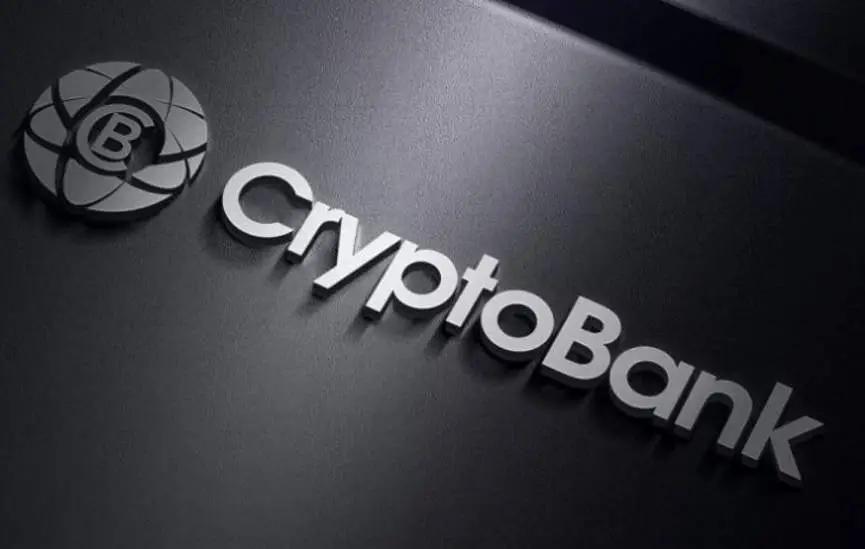
Published
01/10/2025, 19:52Kyrgyzstan continues to develop its legislation in the field of virtual assets. Today, the Financial Market Regulation and Supervision Service announced the introduction of new regulations for cryptocurrency operators. The primary focus is on transparency, security and consumer protection. This aims to establish a healthy ecosystem for digital assets.
The changes approved by the Cabinet of Ministers introduce several key innovations for virtual asset operators:
The new rules introduce additional restrictions. For instance, individuals residing in offshore zones cannot be founders of cryptocurrency operators. The ban also extends to political parties and religious organizations.
Restrictions apply not only to market operators, but also to their clients. Individuals and legal entities residing in Kyrgyzstan are now legally prohibited from using the services of unlicensed virtual asset exchange operators. In other words, citizens and companies in the country must only use platforms that have obtained the appropriate license in the Kyrgyz Republic. This measure is intended to increase trust in cryptocurrency transactions.
In addition, transactions involving virtual assets that can be hidden from public oversight are prohibited. For example, anonymous wallets and cryptocurrencies like Private Coins or NFTs will be subject to restrictions unless their owners undergo an identification procedure. Everything must be transparent and secure.
Good news: virtual asset exchange operators will introduce crypto ATMs. However, only identified users will be allowed to use them. Convenience — yes, anonymity — no.
Thus, the government aims to take control of financial flows in the cryptocurrency market within the country. And we're talking, for a moment, about hundreds of billions of soms: according to the Financial Market Regulation and Supervision Service, the total turnover of virtual asset service providers reached an impressive 375.9 billion KGS in the first seven months of 2024.
Kyrgyzstan has become one of the first countries in Central Asia to develop and implement a regulatory framework for professional participants in the cryptocurrency market. This is a significant achievement, especially considering the high praise the work has received from industry experts.
At the same time, excessive regulation may lead to opposite outcomes. One of the key values of cryptocurrency, as emphasized by participants at numerous conferences, is its independence. There is no central regulator, transactions in decentralized wallets cannot be intercepted, and the value is determined solely by market mechanisms — a sort of ideal example of a freely floating exchange rate.
Nevertheless, such freedom comes with certain risks that Kyrgyzstan aims to minimize through regulation. However, excessive requirements and regulations could undermine the fundamental advantages of cryptocurrency. Therefore, it is crucial to find a balance between security and the inherent nature of virtual assets.



